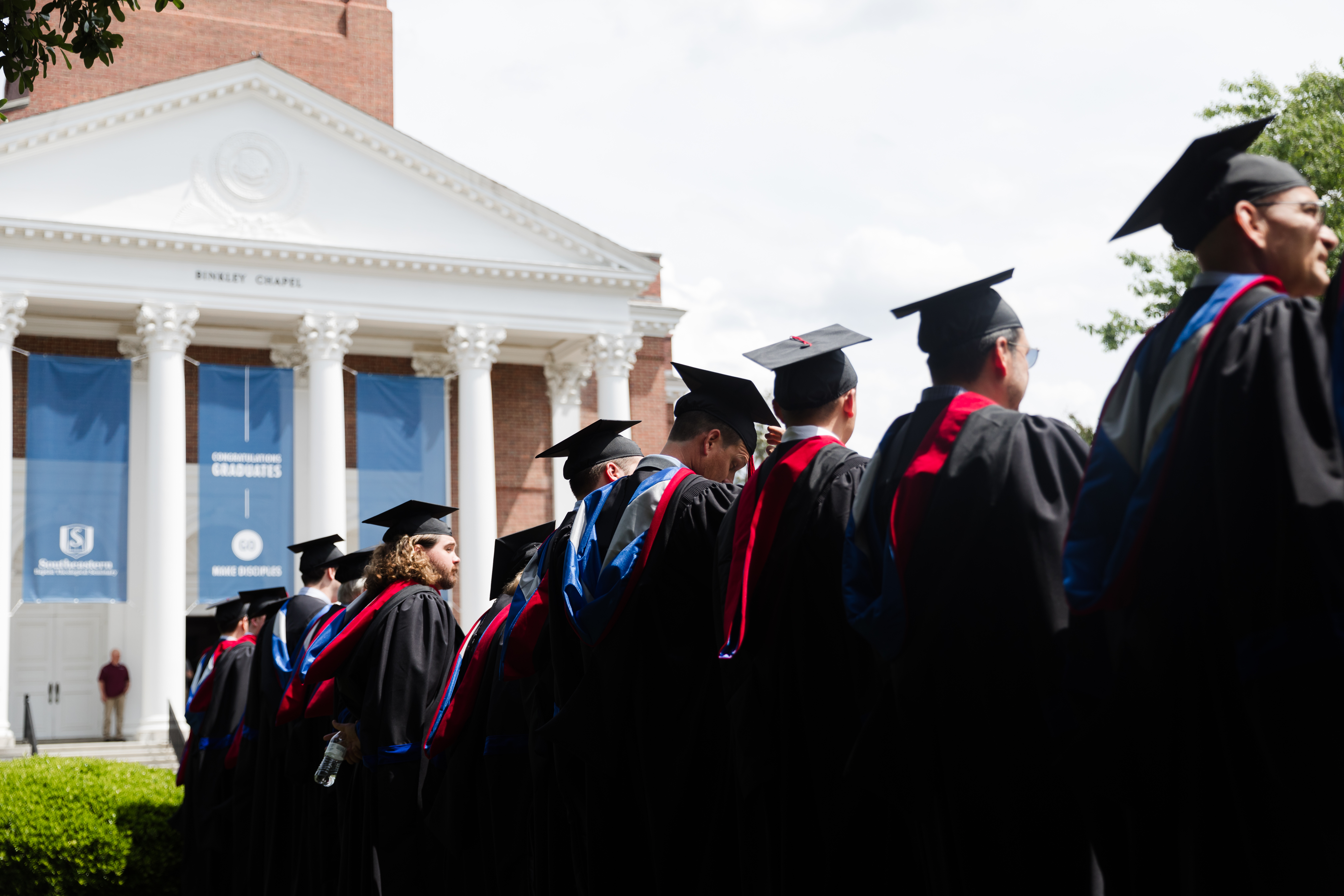Consequently, I offer an operational definition for the term. An operational definition tells us when something is present or when it exists. For example, one way to define ‘acid’ is to say when it is present. So, one might say acid is present when litmus paper turns red. We can use the same kind of definition for ‘culture.’ Hence, the following is a suggestion:
Culture exists when people pass on their beliefs, values, and practices from one generation to the next.
If one thinks of it this way, one immediately starts thinking about the means by which beliefs, values, and practices are passed from one generation to the next. Art, entertainment, education, and political or religious institutions are all means by which we preserve what the previous generation valued.
Now one can see how easy it is for powerful people to destroy a culture. One aims at those means.
Suppose one wishes to destroy Christianity. One would aim at how Christians pass on beliefs, values, and practices to the next generation. One could adjust the tax code to make it impossible to fund churches, seminaries, or Christian colleges. One might restrict the church’s activities or make it financially impossible to support a pastor or a building. One can conduct propaganda programs to cast aspersions on Christians, making it shameful to be a church member, ban Christian literature, or censor prominent Christian leaders. In turn, the church’s task of passing on the truths, values, and activities from the Bible becomes much more difficult.
Of course, history contains multiple examples of massive efforts to destroy cultures. Mao Zedong largely succeeded in destroying traditional Chinese culture through enforced demolition and rebuilding projects, the widespread condemnation of traditional Chinese artists, and the destruction of educational resources (most notably, killing or detaining teachers and destroying books). History was no longer an academic domain of study but a government department. Those who write history are those who control the future. To get what he wanted, Mao revised history to suit his agenda.
There are no magic means to pass on what’s important to the next generation. It doesn’t just happen. It takes work, money, and a highly motivated group of people.
Passing on the gospel to the next generation (and spreading its wonderful contents around the world) will always mean defending the means by which we do so. Some people think Christianity’s beliefs, values, and practices don’t need culture. But if culture is something that exists when we pass those things on, we must preserve (and create) the means by which we can do so, sometimes in the face of powerful people seeking to destroy them.
conservare bonum





No comments have been added.